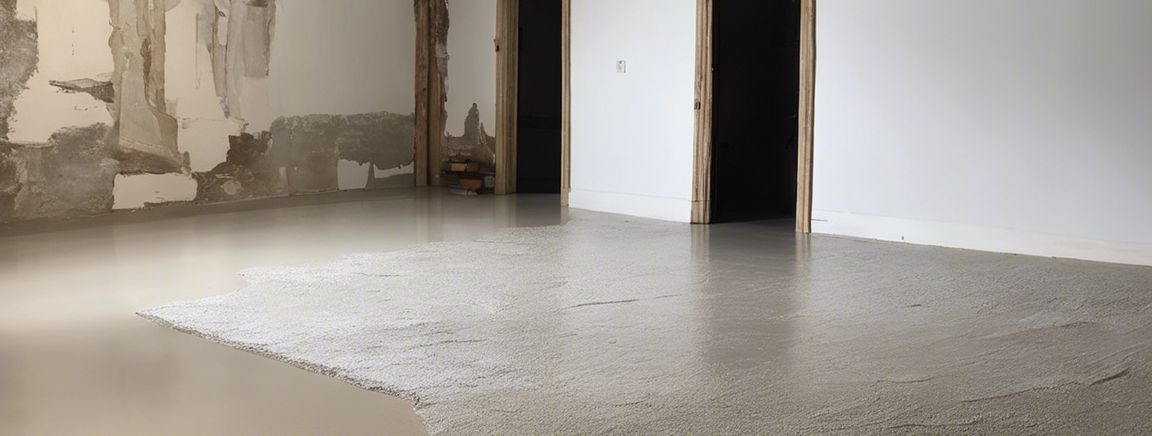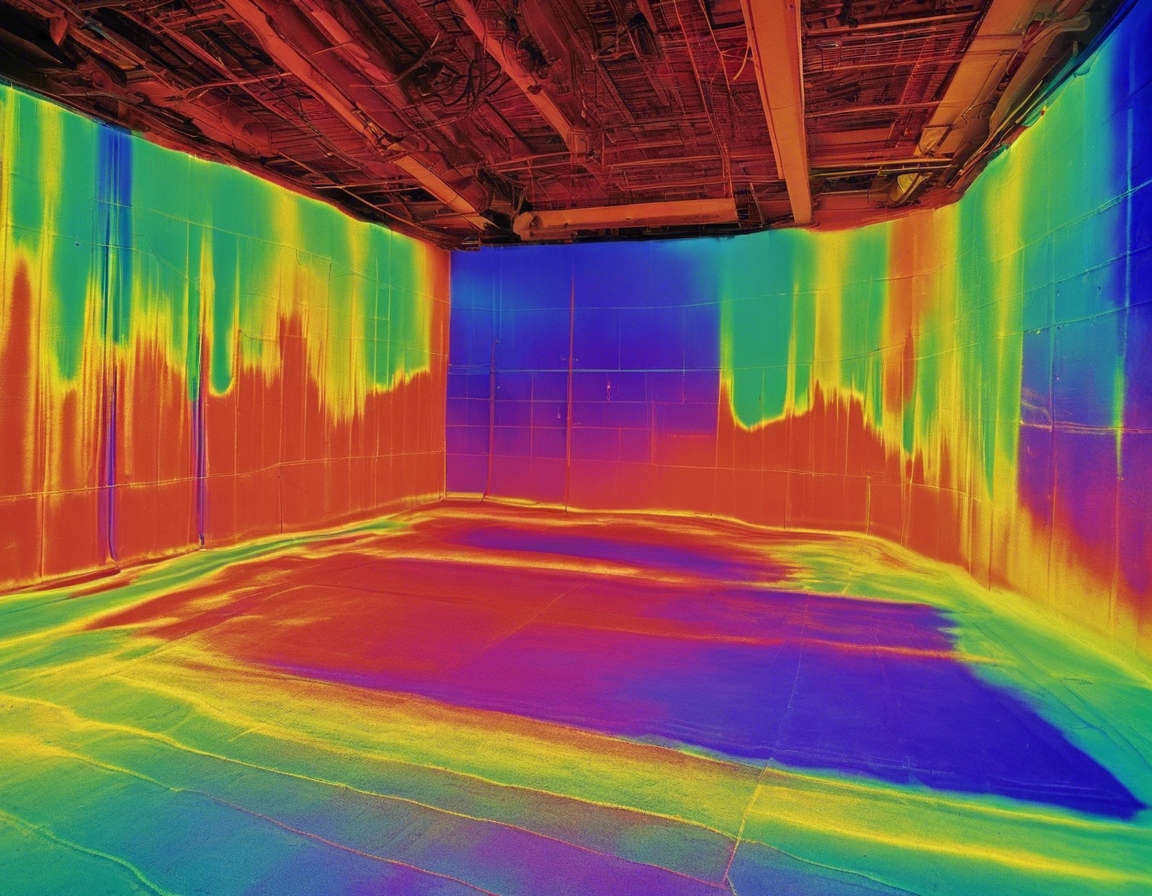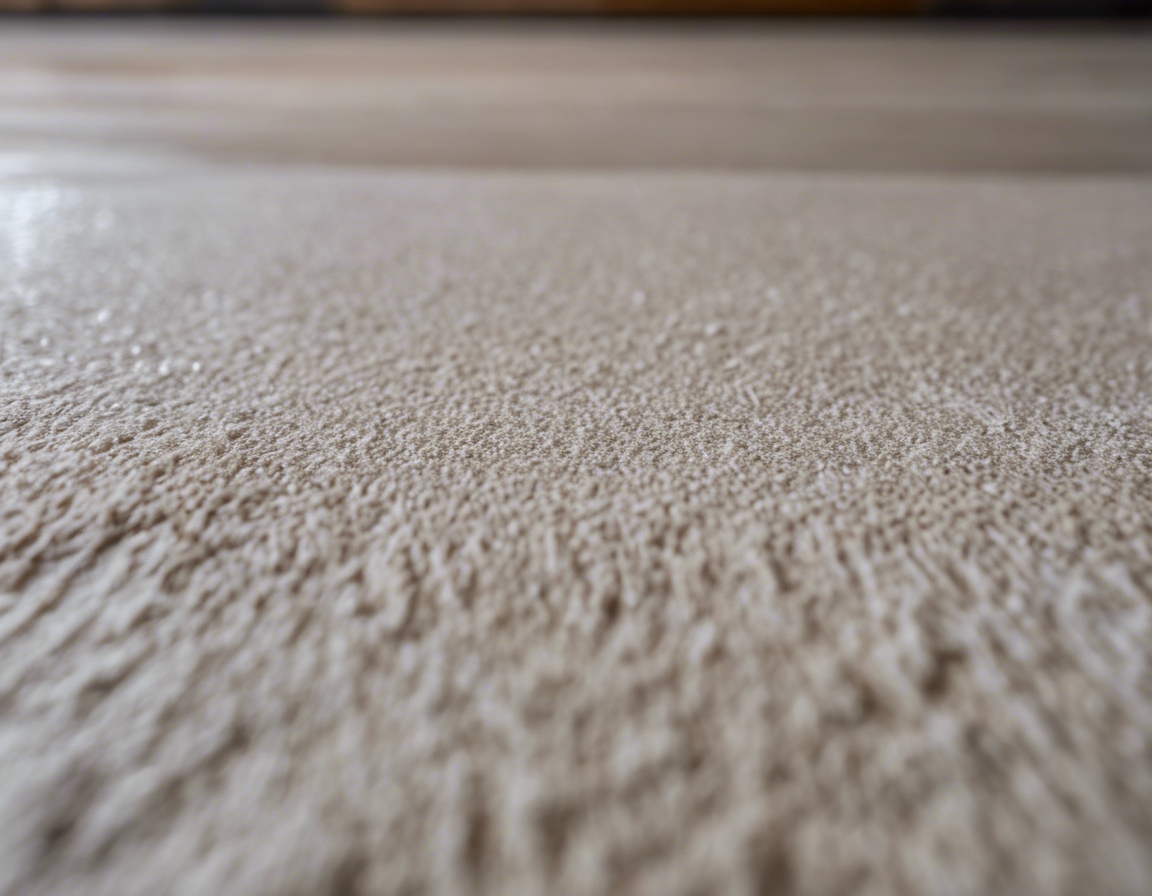Maximizing energy efficiency with advanced flooring
Energy efficiency has become a cornerstone in modern construction, with a growing emphasis on creating buildings that not only reduce carbon footprints but also provide long-term cost savings. Flooring plays a pivotal role in this endeavor, acting as a critical component in the overall thermal performance of a structure.
Flooring can significantly influence a building's internal temperature and energy consumption. Advanced flooring solutions are designed to retain heat during colder months and minimize heat absorption during warmer periods, leading to a more balanced and energy-efficient environment.
Types of Energy-Efficient Flooring Materials
Materials with high thermal mass, such as concrete and stone, absorb and store heat energy, releasing it slowly over time. This property can be harnessed to maintain stable indoor temperatures.
Flooring options like tile and certain engineered woods are ideal for use with radiant heating systems, which provide even, efficient heat distribution throughout a space.
Materials such as cork and rubber provide excellent insulation, preventing heat loss and contributing to a building's overall energy efficiency.
Advanced Technologies in Flooring
PCMs are incorporated into flooring to absorb, store, and release heat as they change from solid to liquid and vice versa, helping to regulate indoor temperatures.
When integrated with flooring, geothermal systems use the earth's stable temperature to heat or cool a space, significantly reducing energy consumption.
These systems allow for precise temperature control of flooring heating systems, optimizing energy use and enhancing comfort levels.
Installation Techniques for Enhanced Efficiency
Correct installation of insulation and vapor barriers is essential to prevent moisture problems and ensure the effectiveness of the flooring's insulating properties.
Sealing gaps and minimizing thermal bridging are crucial steps in preventing heat loss and maintaining the energy efficiency of the flooring system.
Engaging professionals for the installation of advanced flooring systems ensures that all components work together seamlessly to maximize energy efficiency.
Benefits of Energy-Efficient Flooring
Energy-efficient flooring can lead to significant reductions in heating and cooling costs, providing financial benefits over the lifespan of the building.
Such flooring solutions contribute to a more consistent indoor climate, enhancing the comfort of occupants.
By reducing energy consumption, energy-efficient flooring plays a part in lessening the environmental impact of buildings and supports sustainable construction practices.






Comments (0)